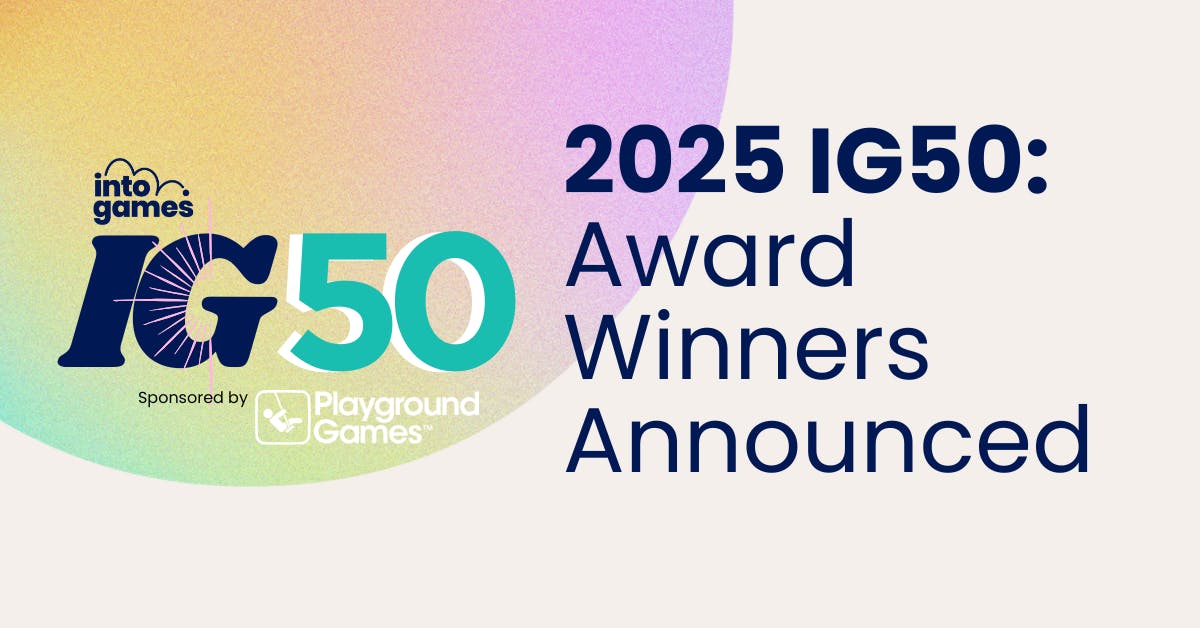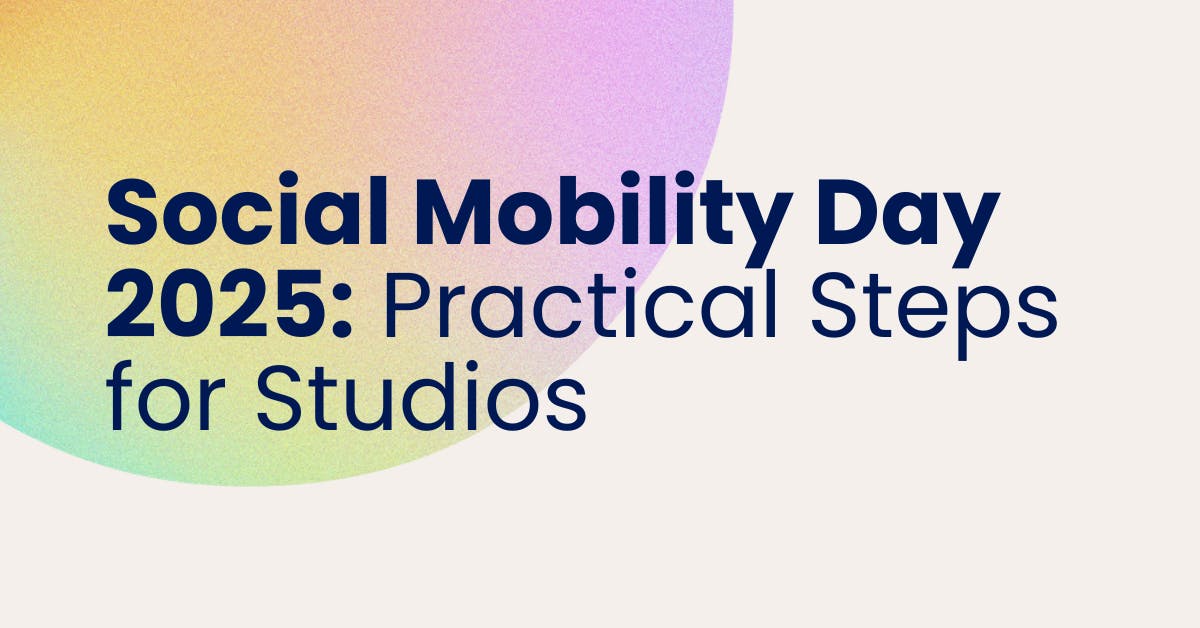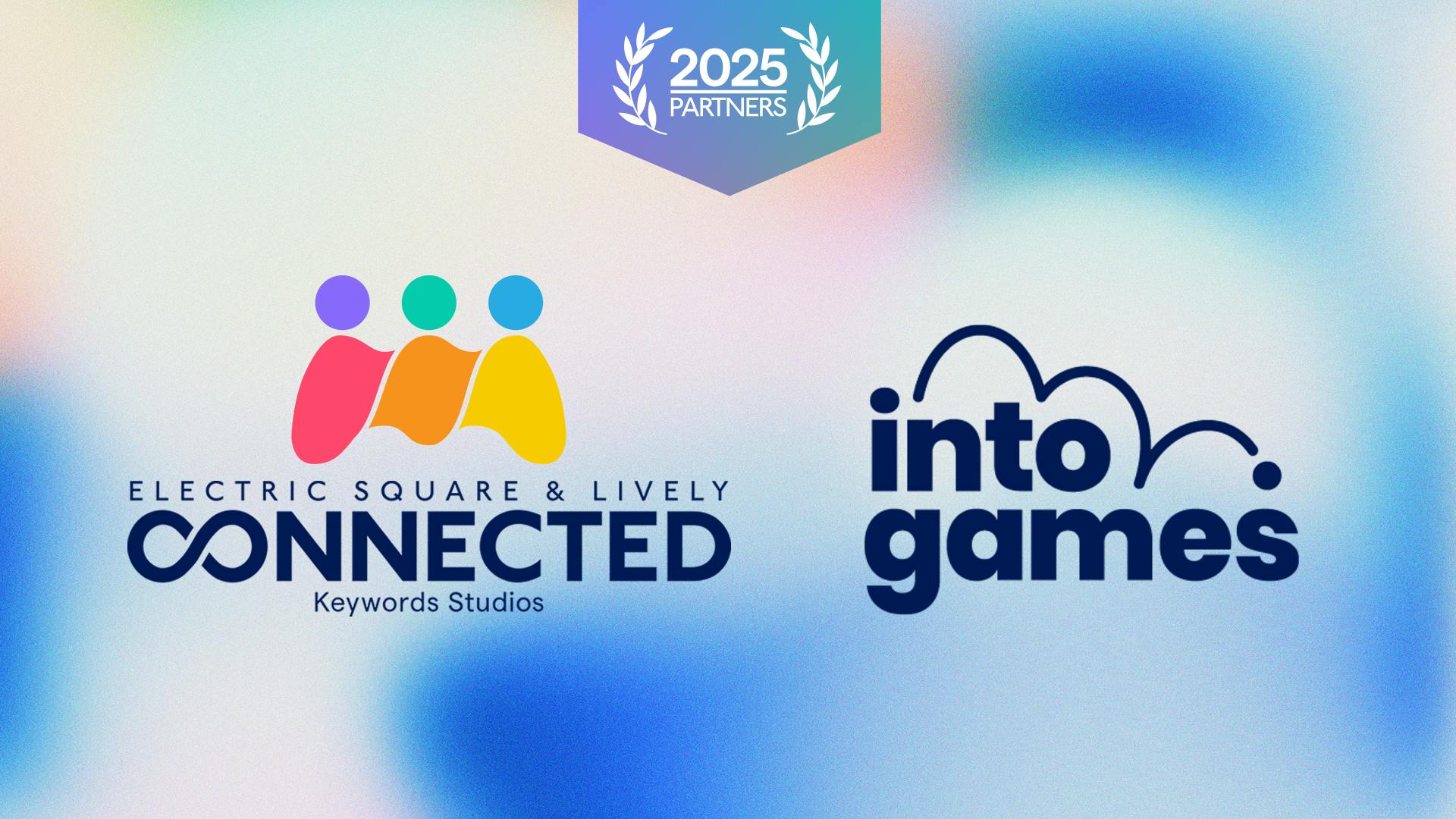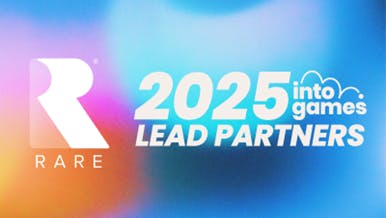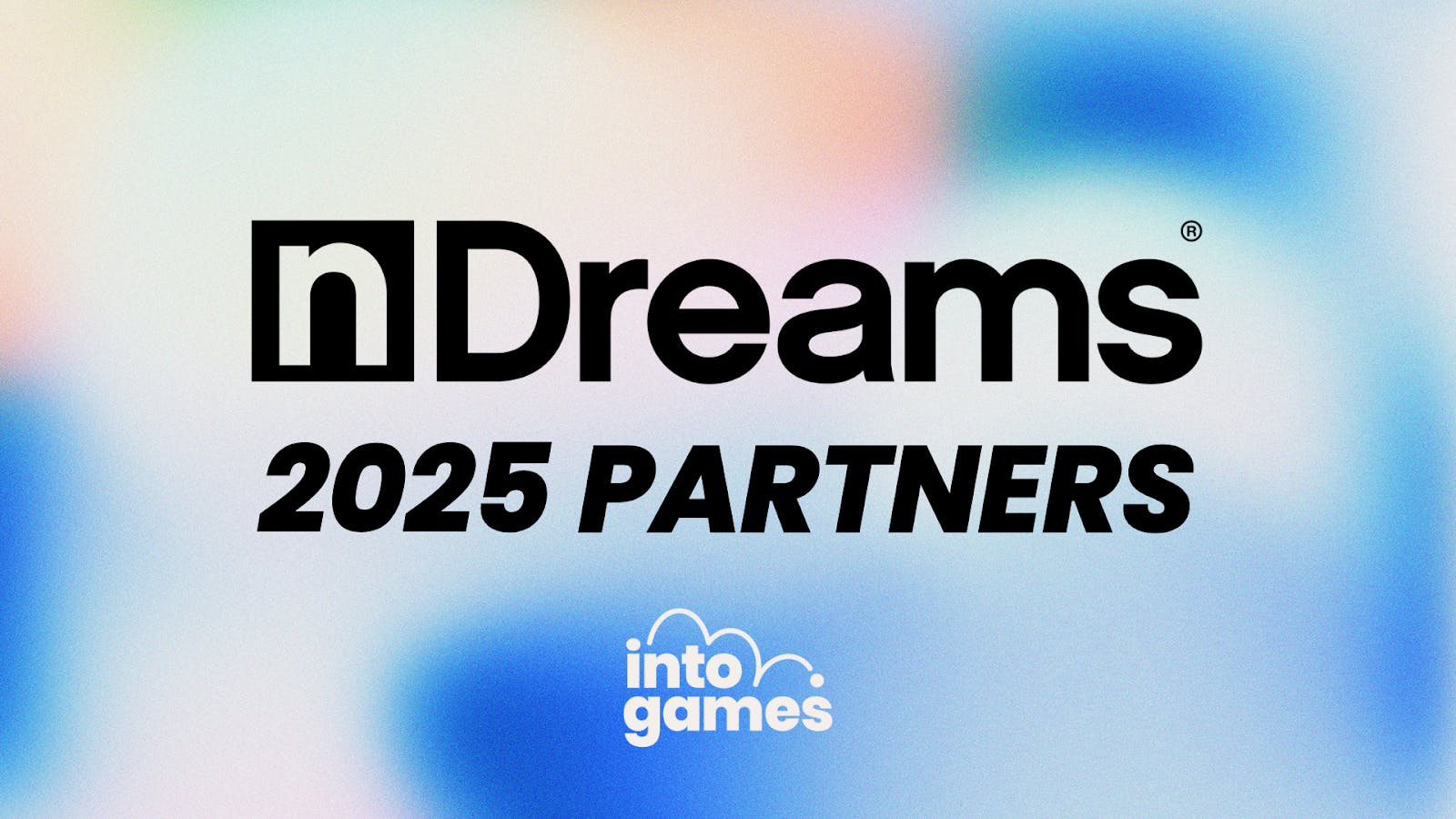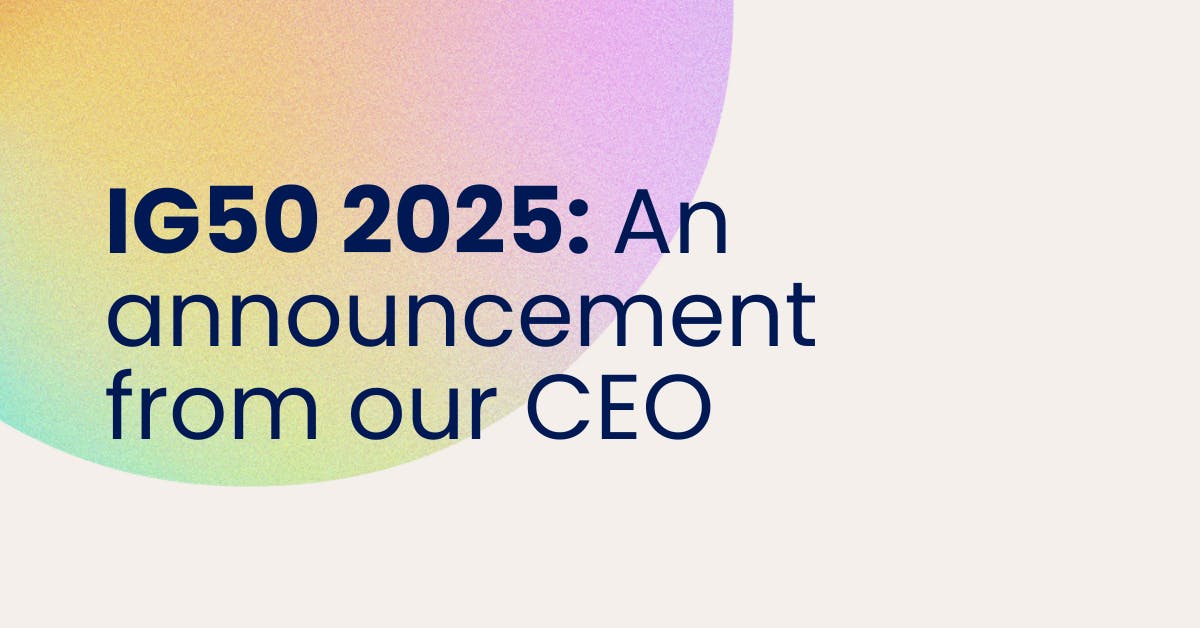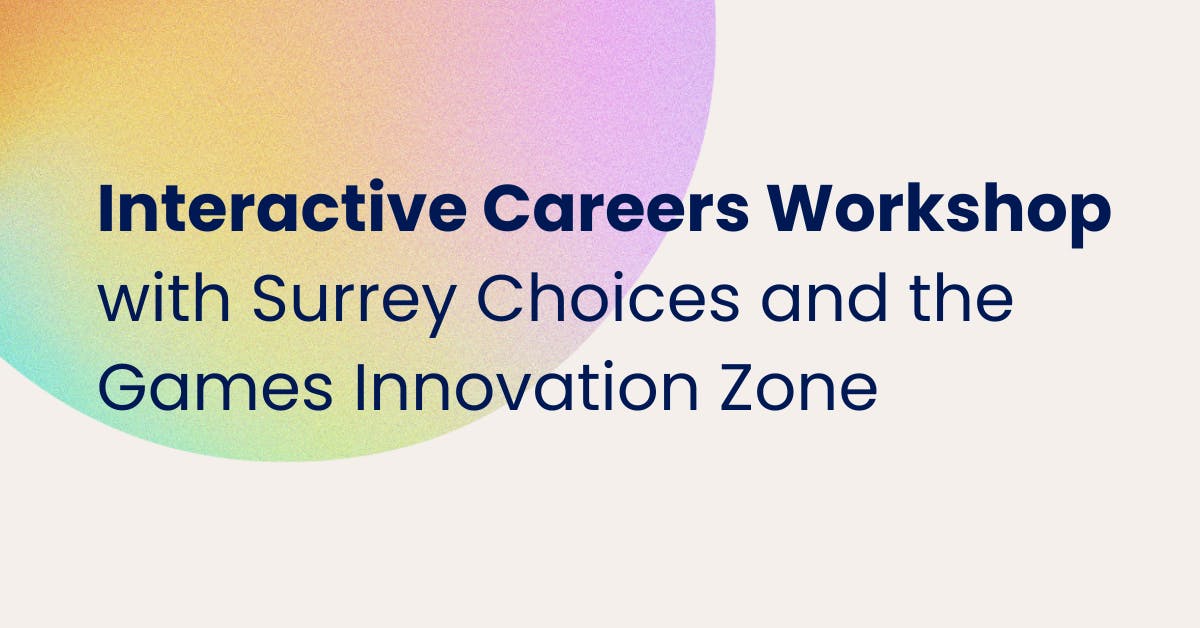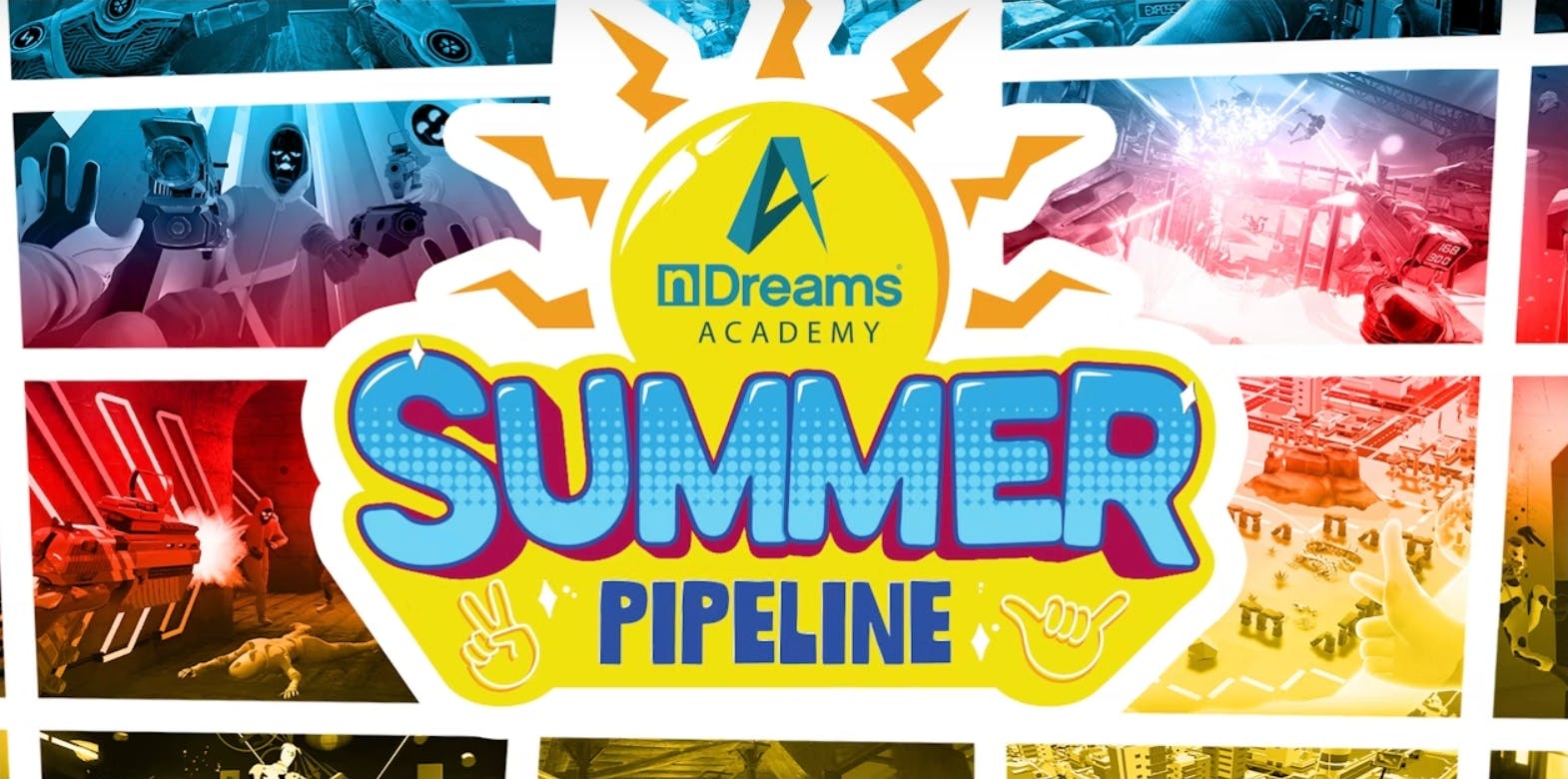
10 September 2020
What does a Creative Director in games do?
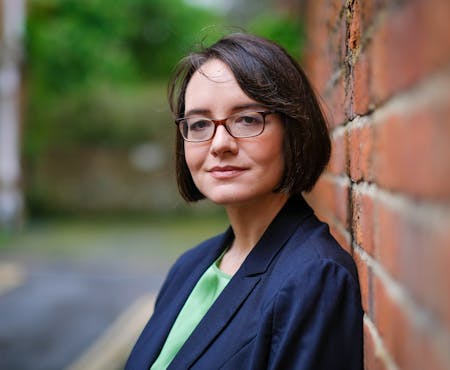
Emily Short is a game writer, narrative designer, coder, and critic with twenty years of experience developing tools and games. Emily is also the Creative Director for Failbetter Games, helping to release a huge range of interactive narratives including Fallen London, Sunless Sea, Sunless Skies and Animal Farm. We asked Emily some key questions about getting into the games sector.
Explain your role like I'm 5 years old
Typically, a creative director holds responsibility for the vision of the game.
There are usually a lot of people working on a game project, and they all have slightly different ideas about what they're making. So the creative director defines the concept for the game – often in collaboration with others. Then they make sure that everyone on the team understands what they need to contribute.
I'm a specialist in narrative and interactive storytelling, and the studio I work at is very focused on story-rich games, so creative direction here is especially heavy on narrative direction and writing. I'm designing plots, settings, and characters, working out how those elements are going to combine with the game mechanics, and even writing some of the content myself. At a larger studio, a creative director probably wouldn't do much implementation, but I enjoy having some hands-on involvement.
Take us through your average day at work
I start the day with email and Slack, checking out what's happened on the team. Then I might have a meeting or two: we're working remotely, so these would be Zoom calls. That might be a large meeting, like a call where we're all planning what we're going to be doing for the next two weeks, or it might be a smaller one, speaking just to the team members who are working on a particular creative project.
A few times a week, I have a 1-1 meeting with someone who reports to me. In those, we catch up on how their work is going and any blockers that have come up. That's also a time when we can discuss any concerns they have or career development goals they want to work on. Wherever possible, I like to help the people who work with me level up their own careers.
When I'm not in a meeting, I might be either planning new content — laying out a design and creating documents that we can use to direct our future efforts — or actually writing parts of the game. I have some management and product ownership responsibilities, which means a certain amount of time looking at accounts or related materials, or checking out the metrics on how our games are doing, and so on. If we're hiring, I also might be involved in vetting or interviewing candidates.
What was your educational and career journey into your current role?
I have a PhD in Classics, which is not a natural step on this road. I came into the industry from academia because I was writing games as a hobby, and then eventually I was reviewing games as a hobby as well. After a long time — about a decade — I had enough friends and industry contacts that I thought it made sense to try getting a game industry job, especially since for economic reasons getting academic jobs was even more challenging than usual.
After that point, I did a range of work in studios, at startups working on AI technology for games, and as a freelancer. At this point, I've worked on everything from MMOs to interactive TV to audio-only experiences to AI-driven chatbots, but especially games with a strong story focus and (usually) a certain amount of written text.
What do you love most about your role?
I love both the creative and the collaborative aspects of what I do. I really enjoy developing our story and setting, designing game mechanics and establishing how those will align with the storytelling, sharing those ideas with the rest of the team, and riffing together on what would make the game even more enjoyable and compelling.
And I like being in a position where I can suggest some gameplay experiments and see where they take us.
What's the hardest thing about your role?
The greatest concepts and coolest gameplay will never get in front of players if you don't finish and ship the game — which means you have to respect budget, scope, and production schedules, as well as your team's energy and workability. If you don't respect those concerns, you wind up demanding a lot of overtime from your team, which is an endemic problem in this industry and very bad practice.
It's the producer's role to keep the calendar and be on top of who is doing what, but the creative director needs to work alongside the producer and make sure that they're not demanding the impossible. So that means there are many, many individual choices to make about what to keep and what to discard. Sometimes those choices involve things that people on your team care about passionately or that you personally love.
What key skills should people work on to do your role one day?
Game design skills. Learn to come up with gameplay ideas, and how to iterate to improve them. Play a lot of games and get familiar with what's out there. Learn a little level design and a little systems design, at least on a conceptual level. Study how to communicate via a game — themes, moods, arguments — and pay attention to what your game is saying, not just to whether it technically works.
Writing and narrative skills. Not every creative director focuses on these, but it's a core part of what I do. If you also want to be in narrative, study the fundamentals of writing for conventional media – plot, setting, characterisation — but also study how interactivity changes what is possible. Ideally, do some occasional work in other media as well as games.
Communication skills. Learn to present an idea orally, in writing, or with charts and diagrams as needed. Learn to restructure the presentation depending on who is going to be reading it, how much time they have, and what they care about. Identify what most excites you in a project and communicate that. In particular, learn how to talk to people in disciplines other than yours about what you're looking for, even if you don't share their technical expertise — whether that's asking your lead artist for a piece of environmental concept art, or telling a programmer about features that you need added to the game engine, or letting marketing know what they should tell players about your game.
Management skills. Learn to listen to what people care about and what's bothering them. Get comfortable telling people early, straightforwardly, and unemotively if there's an issue with how they're performing. Practice telling people what you like about their work, and reflect their strengths back to them — ideally, more often than you mention negative feedback. Make it a habit to always credit your team members for what they've done well, and let the blame for any screwups stay with you. Take it seriously if one of your reports mentions a problem with another member of the organisation, especially someone senior to them, even if you've not seen the problem behaviour yourself.
What advice would you give to your younger self looking to get started in the industry?
1) If you want to work in games, make games. There are lots of tools available that cater to people with all types of skillsets, and an individual person can make a small hobby project (or several!). Those projects will teach skills and build a portfolio. They are more important than a degree. Degrees in game design or related fields aren't necessarily a waste of time, especially if you're someone who really prefers learning in a structured environment. But they're not necessary.
2) The job market is not easy, and you don't always have a lot of options about where to work. But if you do have a choice, you'll be happiest, do best, and make the most progress if you choose jobs where you like and trust your boss, and where you have both something to contribute and something to learn. Those factors are more important than the prestige of the studio or whether the game you'd be working on is your Favourite Game Ever.
3) No matter what role you're in, treat your QA testers well. The industry doesn't always give the respect they're due, but testing is a skilled job that can make or break a game. Listen to your testers and regard them as a core part of the team developing the game. The same applies to editors, if you're working on a game that has a separate editing staff.
Do you have any links to good articles or videos that you think might give some tips or advice to someone starting in your role?
I keep a blog about what I do:
emshort.blog
Stay up to date
It's time to level up your inbox
Pick which newsletters you're interested in receiving, and customise further by specifying a discipline.
Join our mailing listTell me more
